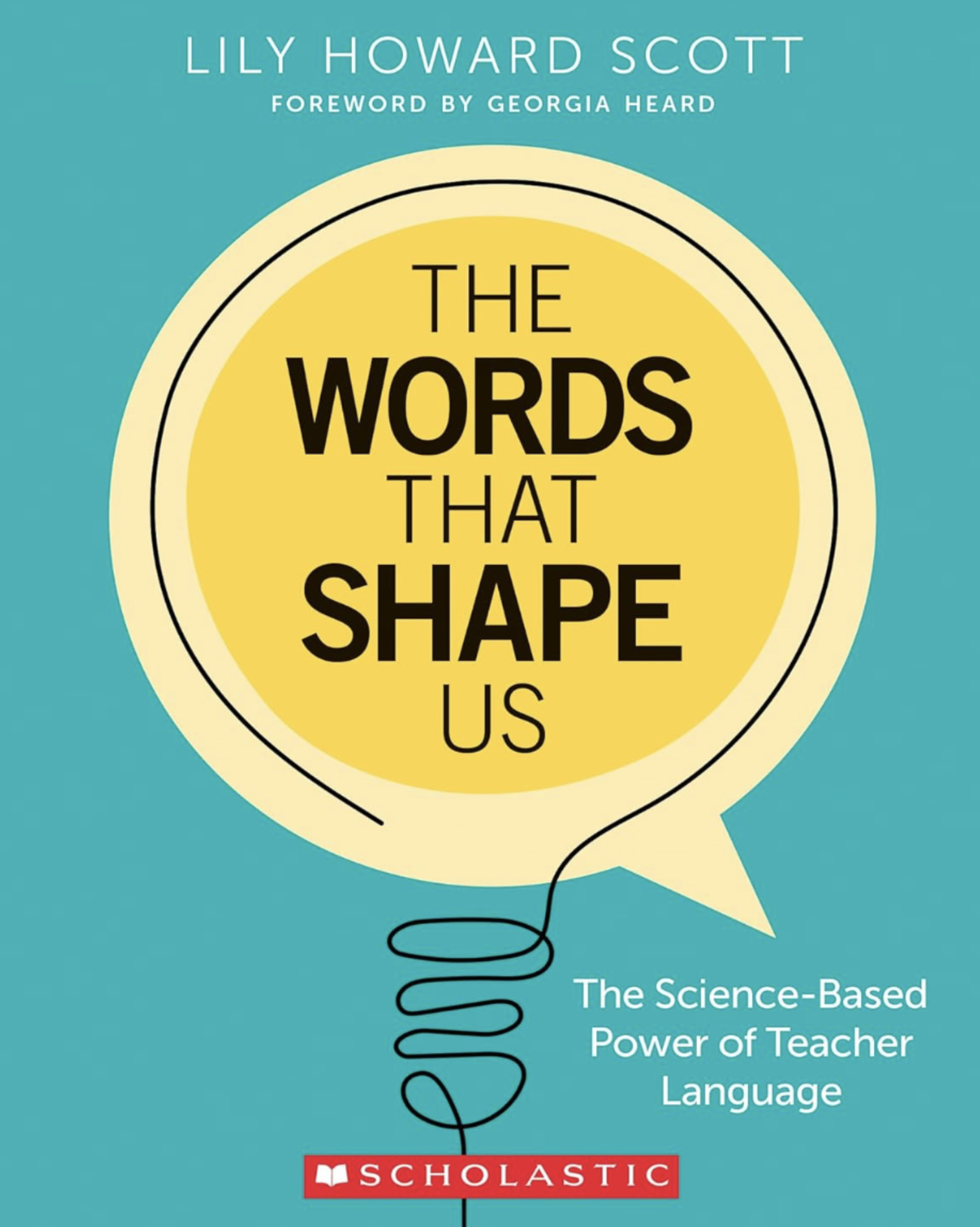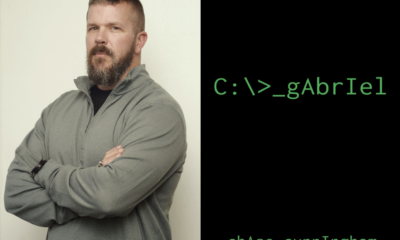-

 Celebrity News1 week ago
Celebrity News1 week agoKourtney Kardashian Caught in the Middle as Exes Scott Disick and Travis Barker Refuse to Play Nice
-

 Celebrity News6 days ago
Celebrity News6 days agoThe Gayle King-Starring ‘CBS Mornings’ Face All-Time Low Ratings Amid Brutal Cost-Cutting Measures
-

 Celebrity News6 days ago
Celebrity News6 days agoBarack & Michelle Obama ‘Barely Even Talked’ During Very Public Dinner Outing in Washington D.C.
-

 Celebrity News1 week ago
Celebrity News1 week agoHoda Kotb In Talks For Daytime Talk Show, Taking Over Kelly Clarkson’s Spot Following ‘Today’ Exit
-

 Celebrity News1 week ago
Celebrity News1 week agoJennifer Garner Rekindles Romance With John Miller, But Still Has Cold Feet Over Engagement Plans
-

 Celebrity News6 days ago
Celebrity News6 days agoFormer ‘Good Morning America’ Meteorologist Rob Marciano Struggling to Find Camaraderi at CBS
-

 News1 week ago
News1 week agoArchaeologist Claims To Have Solved Amelia Earhart Mystery With Stunning Pacific Discovery
-

 Celebrity News6 days ago
Celebrity News6 days agoScreen Legend Carol Burnett Showing Tough Love to Troubled Grandson as He Struggles to Stay Afloat
-

 Celebrity News1 week ago
Celebrity News1 week agoBruce Willis’ Family Struggles With Fallout as Wife Emma Prepares to Release Personal Memoir on His Dementia Battle
-

 Celebrity News3 days ago
Celebrity News3 days agoCountry Star Miranda Lambert Wants Husband Brendan McLoughlin To Step Up And Get Back On The Grind
-

 Celebrity News1 week ago
Celebrity News1 week agoJennifer Lopez Refuses to Budge as Ben Affleck Begs to Slash Price on Their $68M Lavish Beverly Hills Estate
-

 Celebrity News6 days ago
Celebrity News6 days agoBruce Springsteen Following Doctor’s Orders as He Embarks on European Tour Amid Health Recovery













